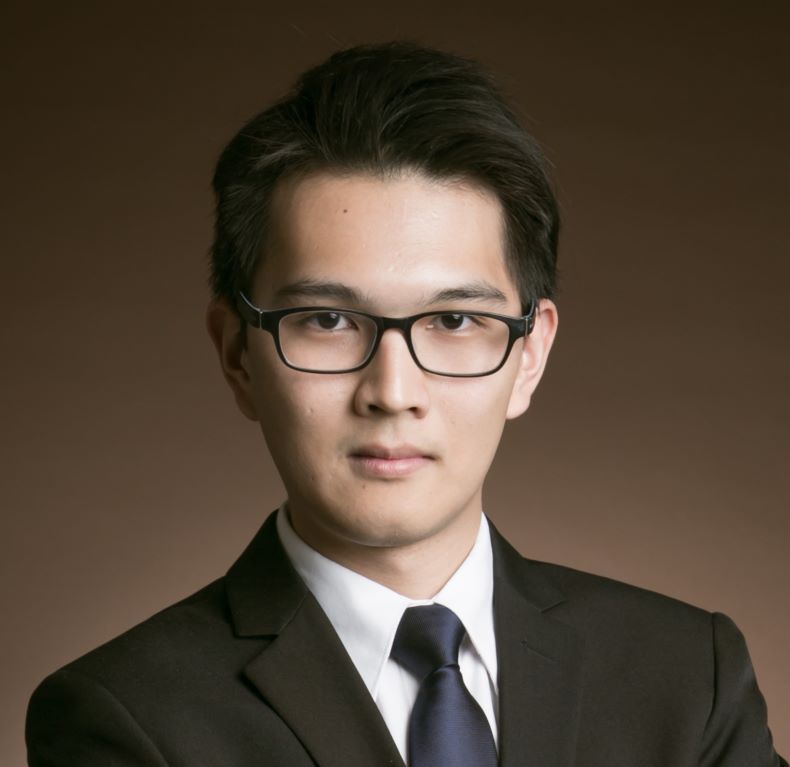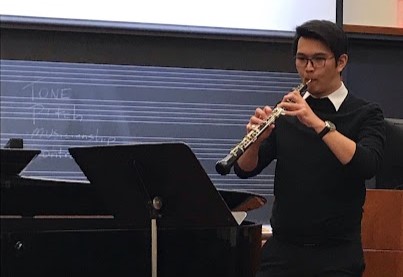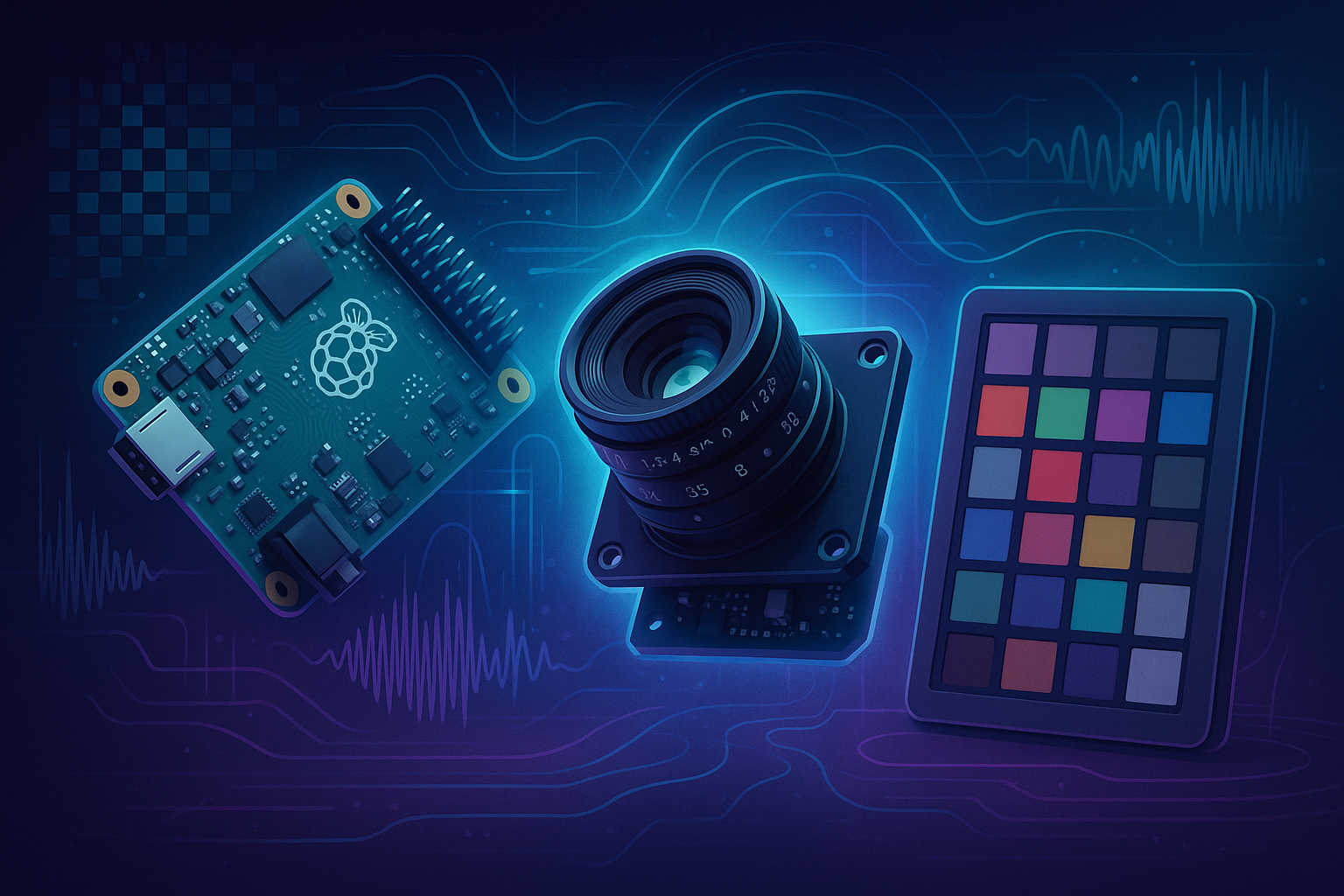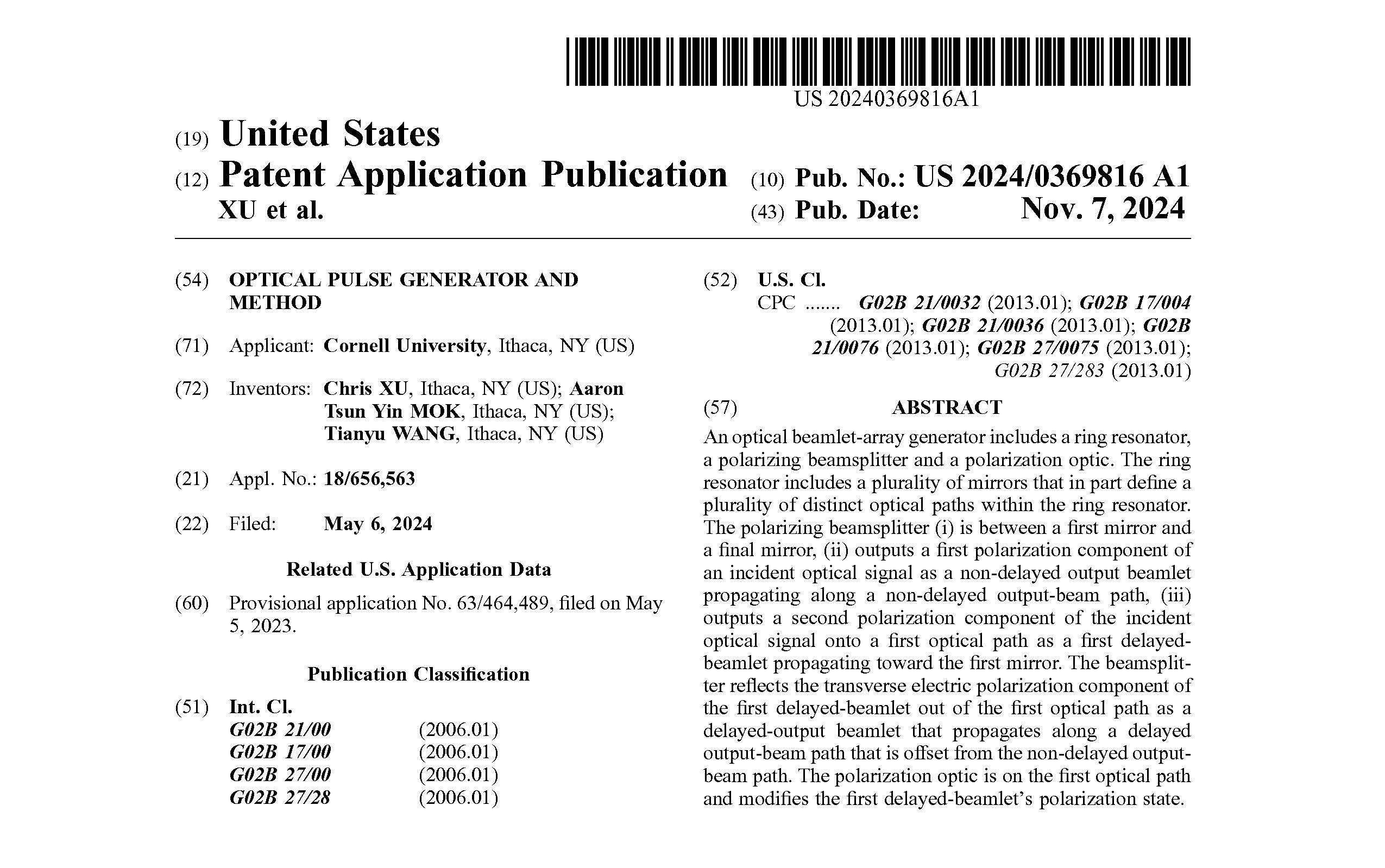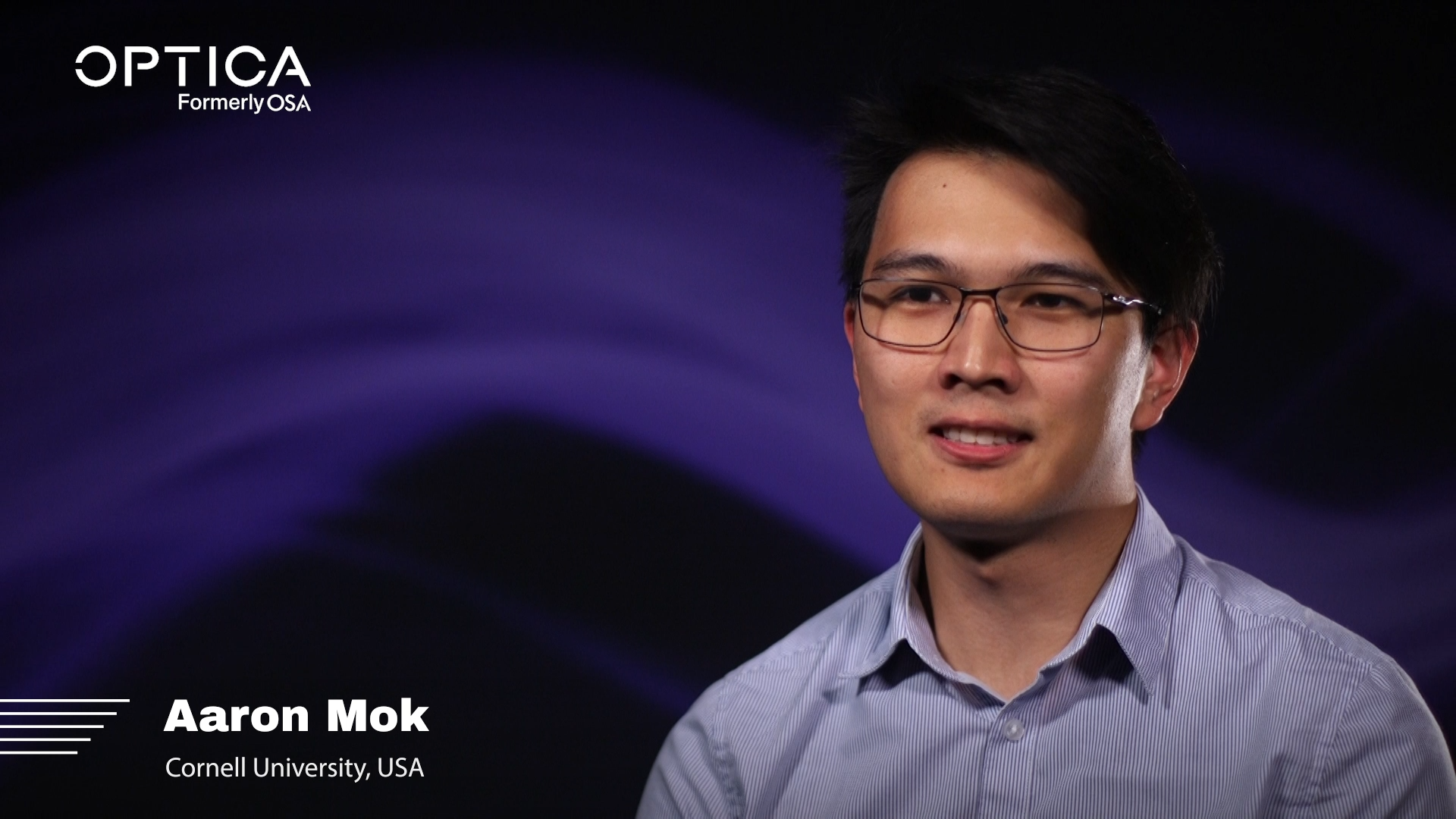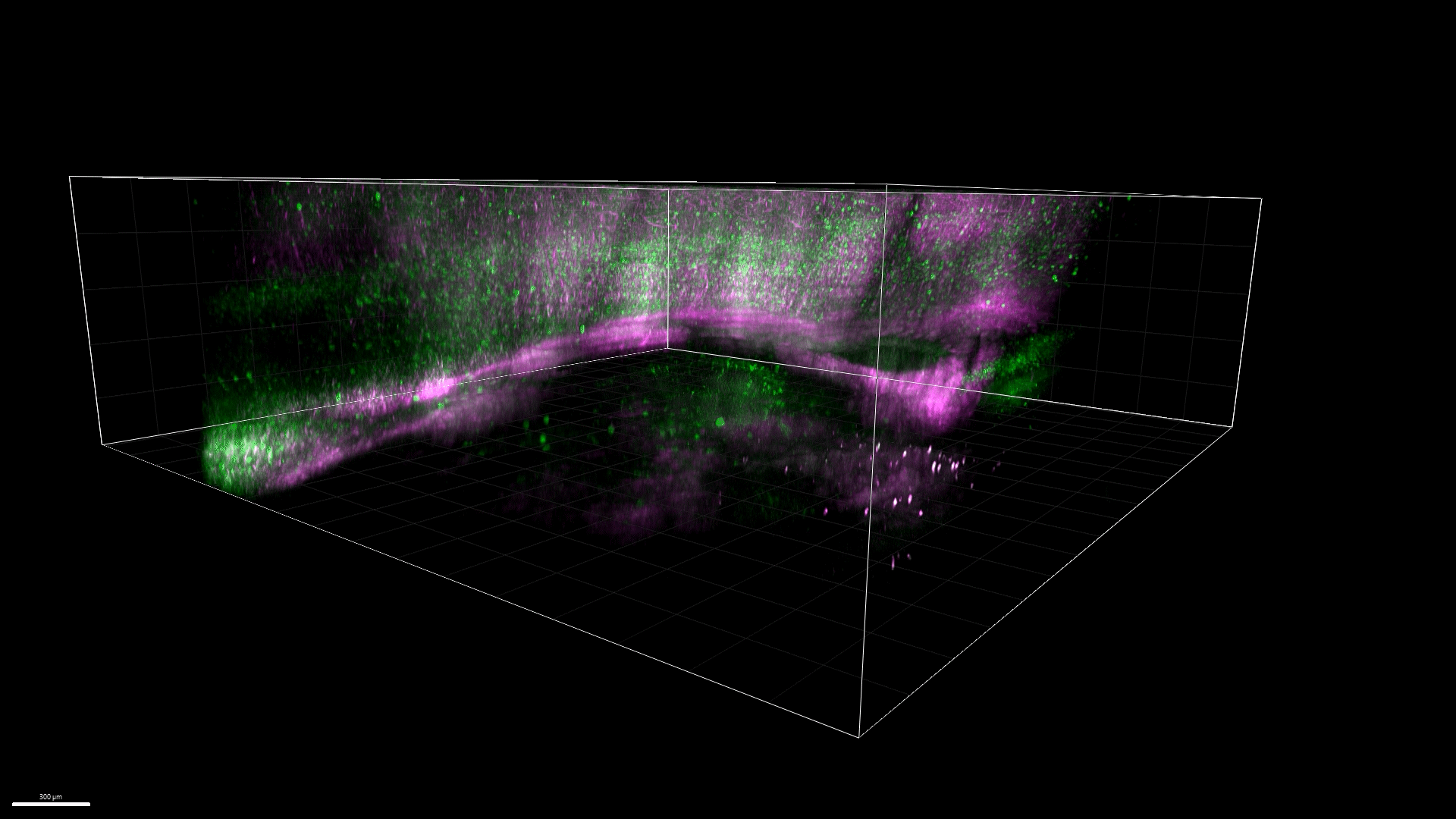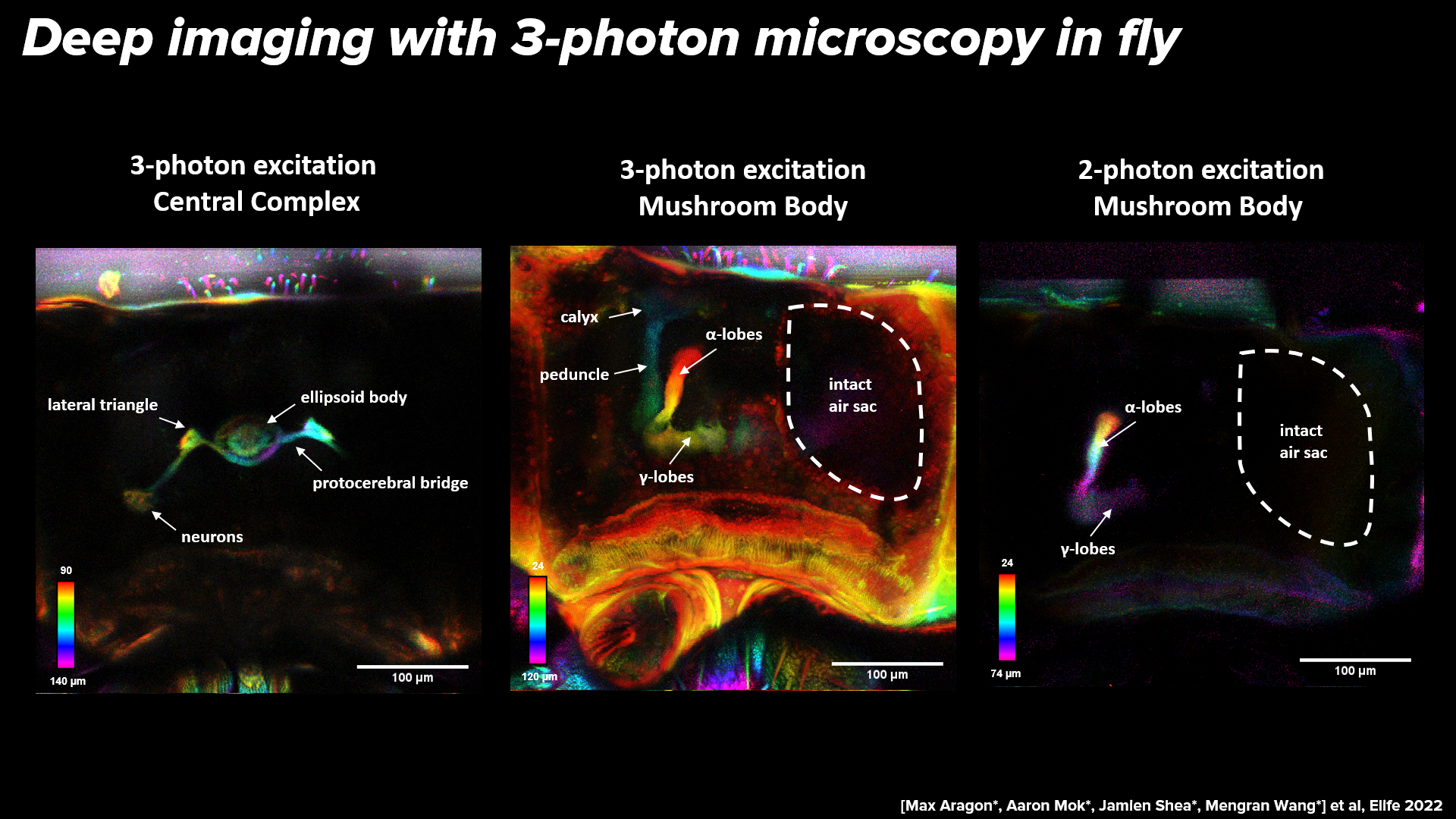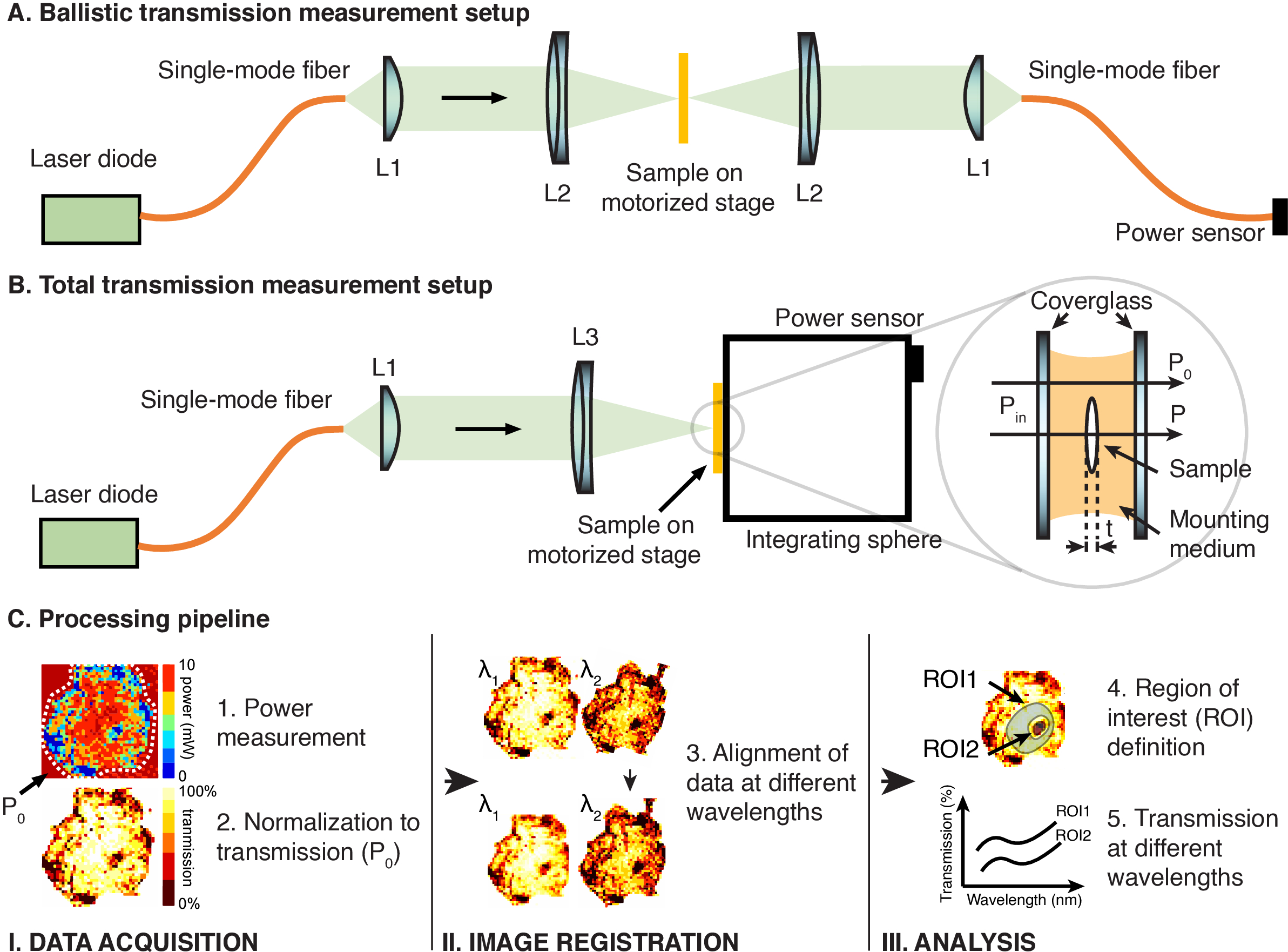Hello, I am Aaron.
System Architect at KLA
I am a System Architect at KLA, based in Silicon Valley, where I lead the development of the imaging path for the company's flagship wafer inspection system, the 39xx.
I have dedicated my career to advancing impactful scientific and engineering breakthroughs through optical technologies. My commitment to innovation has resulted in a patent, over 20 publications, and recognition as a Cornell Mong Fellow, Hong Kong Scholar and Hong Kong IT Scholar.
Contact